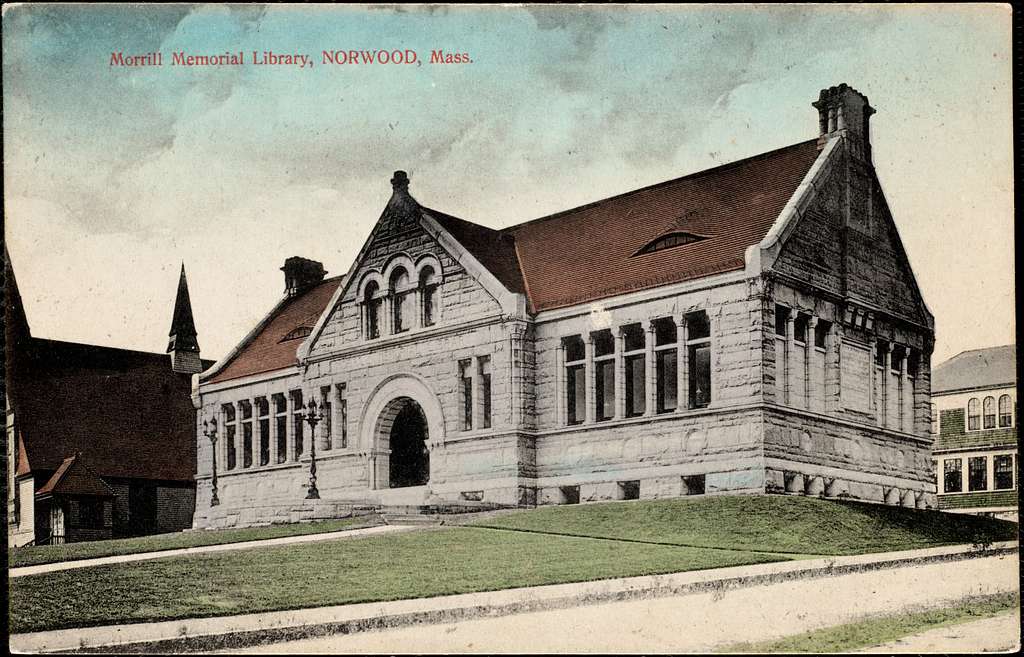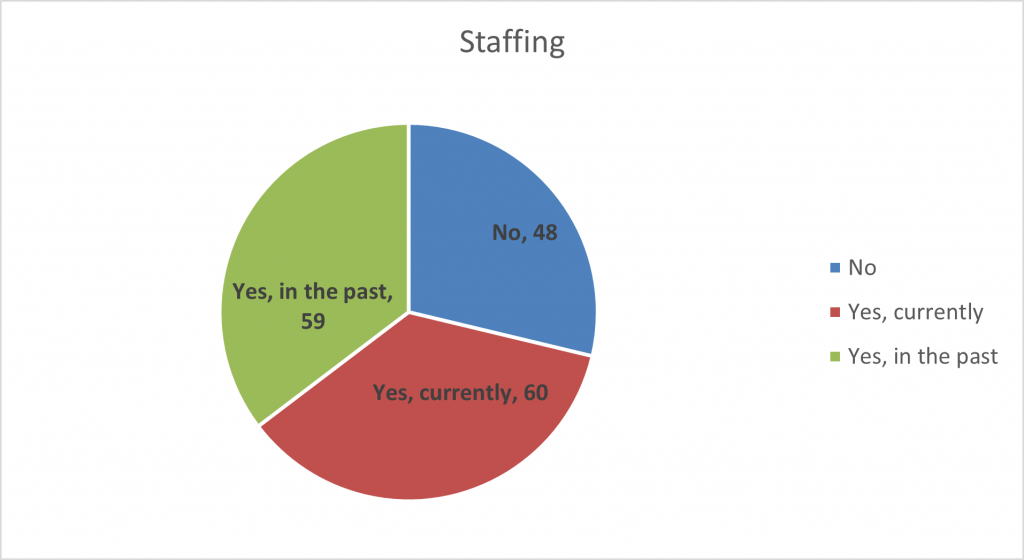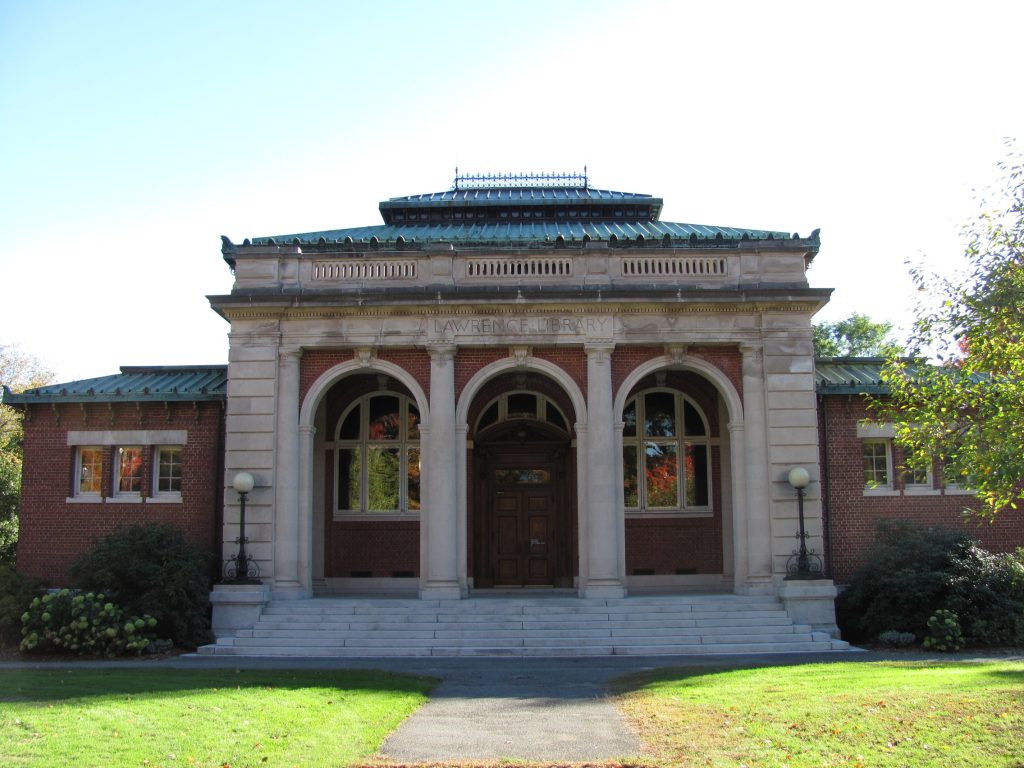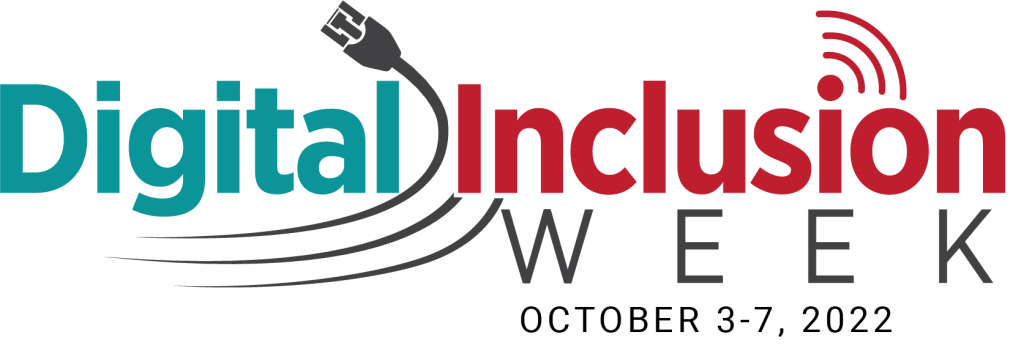
This year marks the sixth annual Digital Inclusion Week, a national event taking place this year from October 3-7 that highlights digital equity work happening throughout the country.
Digital inclusion efforts address three main areas: affordable internet, access to appropriate devices, and digital skills training – basic necessities that millions of Americans are living without.
In Massachusetts, the MBLC and libraries are working to close the digital divide. This has become especially important since the COVID-19 pandemic brought to light the lack of reliable internet connections throughout the Commonwealth.
The MBLC responded by creating the outdoor WiFi map which shows which libraries in the state have connections that can be used both during and after hours outside of the building. Libraries, including the Somerville Public Library, created spaces for internet users to sit comfortably to use the WiFi access when the building is closed. Outdoor WiFi has been especially popular in the western part of the state where broadband is not as readily available. The MBLC sponsored an introductory Affordable Connectivity Program (ACP) webinar by the Federal Communications Commission (FCC) to highlight how libraries can help underserved residents obtain low cost or even free internet access and a discounted tablet, Chromebook or laptop for the household. Applying for ACP is hard; libraries will play a critical role in raising awareness, referring unconnected users to community helpers, or “navigators”, or even stepping up to directly as ACP navigators themselves.
The MBLC used federal American Rescue Plan Act (ARPA) funds administered by the Institute of Museum and Library Services (IMLS) to lend out WiFi hotspots through public libraries and other local organizations . Nearly 3000 hotspots were distributed to 220 public libraries for loan to library users.
Libraries across the Commonwealth, sometimes partnering with other community-based organizations, provide devices and offer digital literacy throughout the year. For instance, the Westhampton Public Library partners with the Council on Aging to provide twice-monthly trainings. The MBLC statewide calendar of virtual events shows similar training opportunities across the state.
The MBLC is joined by organizations across Massachusetts, including the , and the country in celebrating Digital Inclusion Week which is organized by the National Digital Inclusion Alliance ( ).
“As we see federal law turn into actual funding for digital inclusion, it’s our time to start ‘Turning Our Moment into Movement,’ which is our theme for Digital Inclusion Week 2022,” said Angela Siefer, executive director of NDIA. “We invite advocates, policymakers, community leaders, educators, researchers, and others to come together this week – and all year long – to advance digital equity nationwide.”
The observance of Digital Inclusion Week seeks to increase public knowledge of the importance of digital equity and encourage digital inclusion efforts across our city to improve broadband access, foster adoption, and promote digital literacy.
#MaDigitalEquity

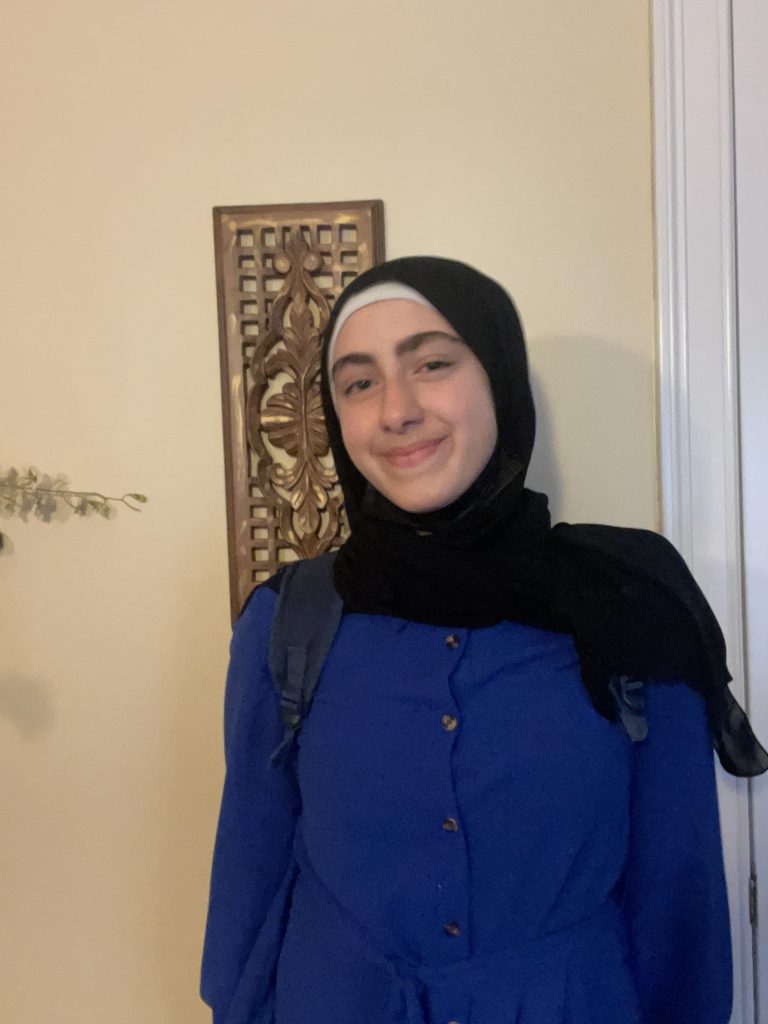

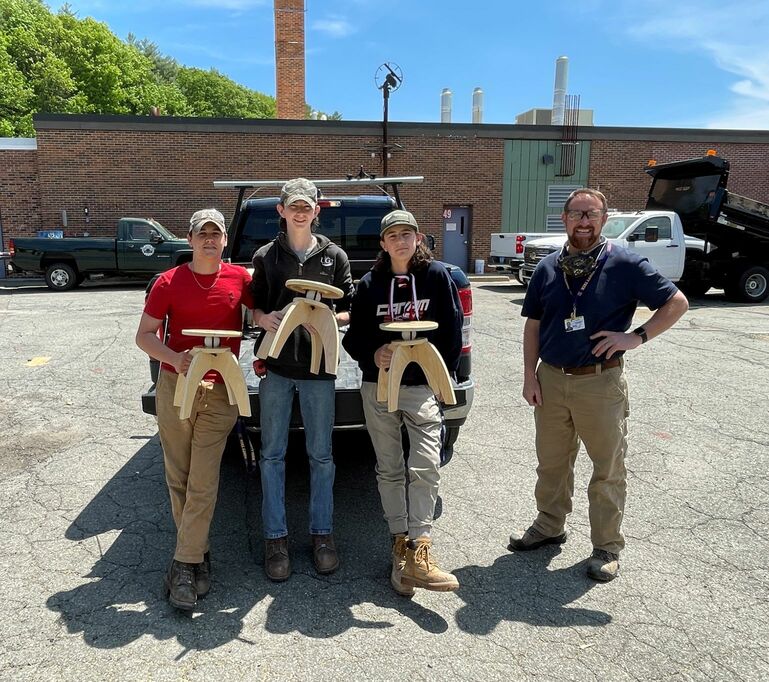
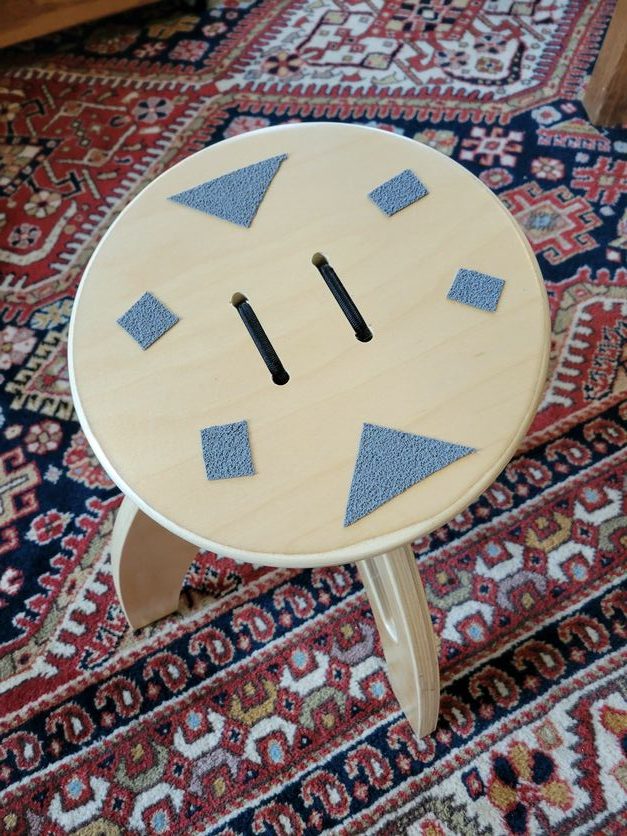
 During the Fall of 2021, over 250 librarians from academic, public, school, state, and VA libraries who had experience in providing services and programs that serve veterans met during the Libraries and Veterans National Forum. The purpose of this meeting was to help libraries learn how to better serve their local military communities.
During the Fall of 2021, over 250 librarians from academic, public, school, state, and VA libraries who had experience in providing services and programs that serve veterans met during the Libraries and Veterans National Forum. The purpose of this meeting was to help libraries learn how to better serve their local military communities.
